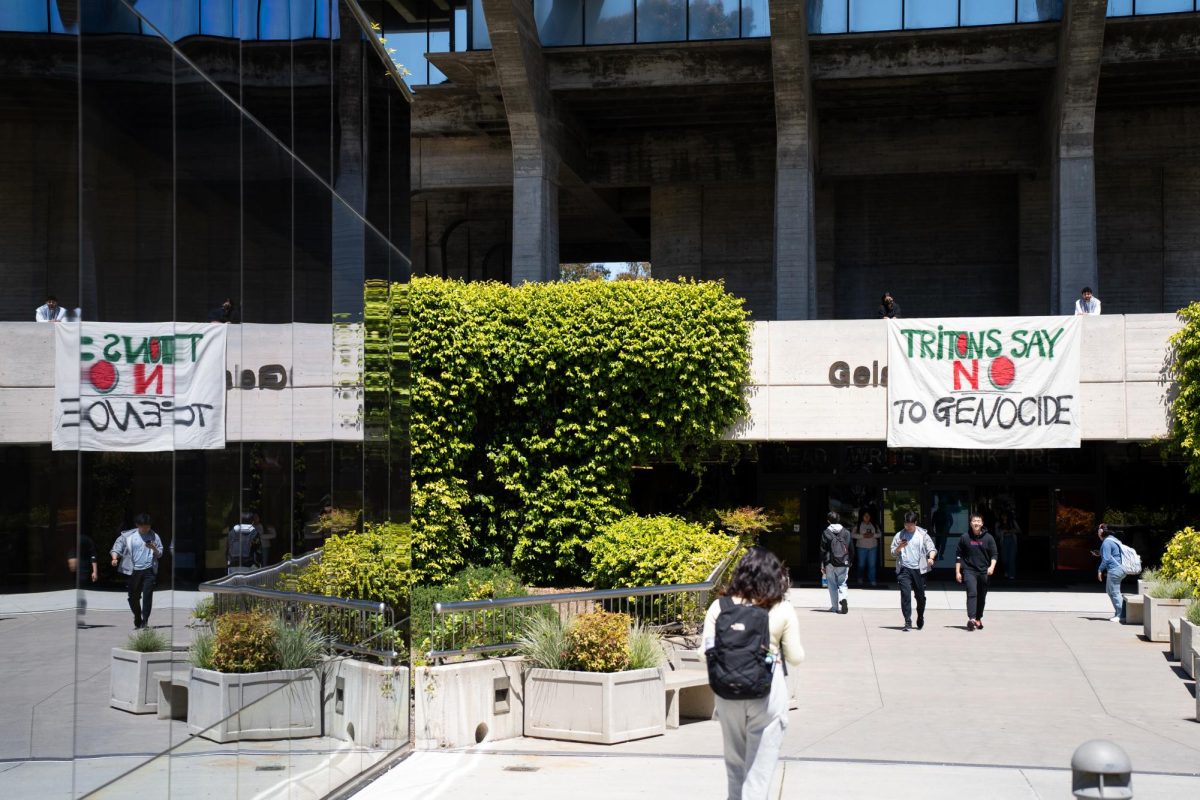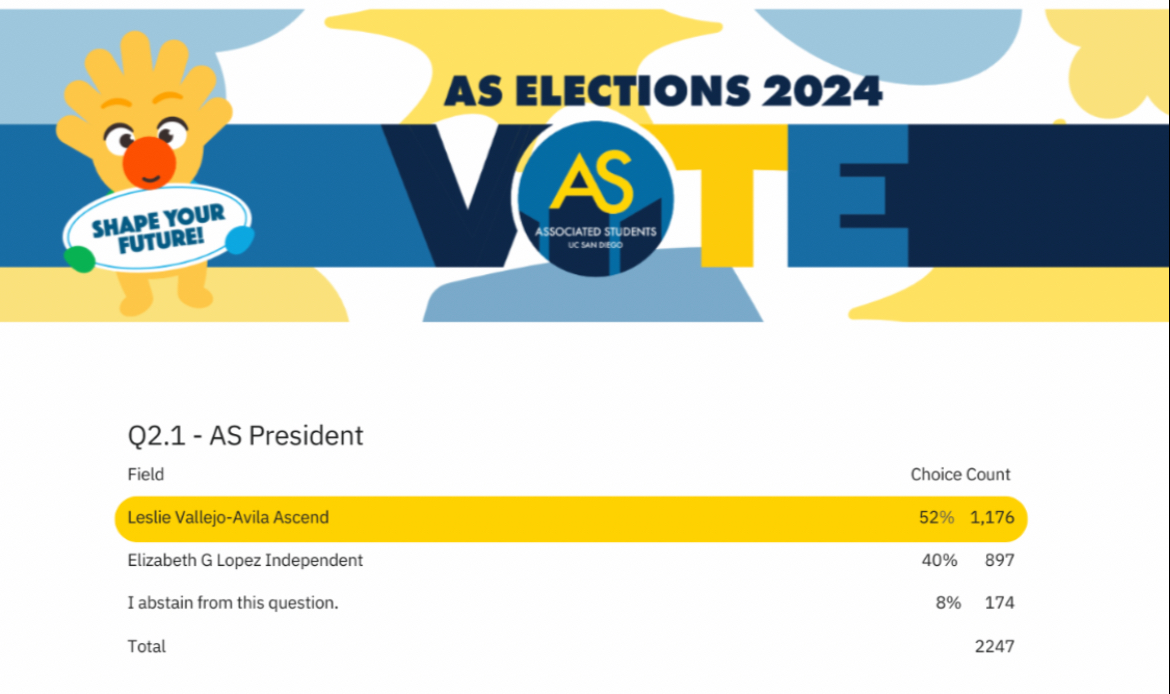The center will study transmittable animal diseases
The UCSD School of Medicine established a new Center for Veterinary Sciences and Comparative Medicine in Sorrento Valley last week, where scientists, physicians and veterinarians study animal diseases that are transmittable to humans.
By examining diseases transmitted from animals to humans, otherwise known as zoonotic diseases, scientists can understand better the same diseases in humans. Animal care can be translated easily to human care. Associate professor of medicine at UCSD’s School of Medicine Joseph Vinetz is one of the inaugural faculty members at CVSCM.
“I study animal models of different diseases such as leptospirosis in Peru, which is a disease endemic in the Amazon and affects over one million people a year with its 5 to 20 percent fatality rate,” Vinetz said.
Leptospirosis is spread from bacteria in animal urine to humans. It is commonly due to contaminated water and leads to flu-like symptoms, eventually ending with liver damage and renal failure, according to the U.S. Center of Disease Control.
CVSCM includes a faculty of 25 scientists, doctors and veterinarians from UCSD, Scripps Institution of Oceanography, Scripps Research Institute, Salk Institute for Biological Studies, the San Diego Zoo and Sea World.
“The importance of our research is the impact in public health, the interesting science and the advance experimental studies that can be gained,” Vinetz said. “By studying animals and animal models, we can gain insights to understand pathogenesis, diagnosis, vaccines and therapeutics.
The founding director of CVSCM is Peter Ernst, Ph.D., professor of pathology at UCSD School of Medicine. The UC system has an established veterinary medical center at UCSD, which is a collaboration between UCSD Health Sciences and the school of veterinary medicine at UC Davis. His vision is to advance the care of animal and human research to understand the biology of disease. Scientists such as Vinetz contribute to the center’s cause by the unique translational aspect of zoonotic research from animals to humans.
CVSCM scientists investigate other animal diseases: mucosal infection and immune responses, gastrointestinal ailments, parasitic transmission and neurodegenerative diseases such as mad cow disease, caused by prions, or misfolded proteins.
“We’re going to save the world,” Vinetz said. The scientists of CVSCM provide cutting- edge research that intends to make zoonotic diseases understandable across species.








